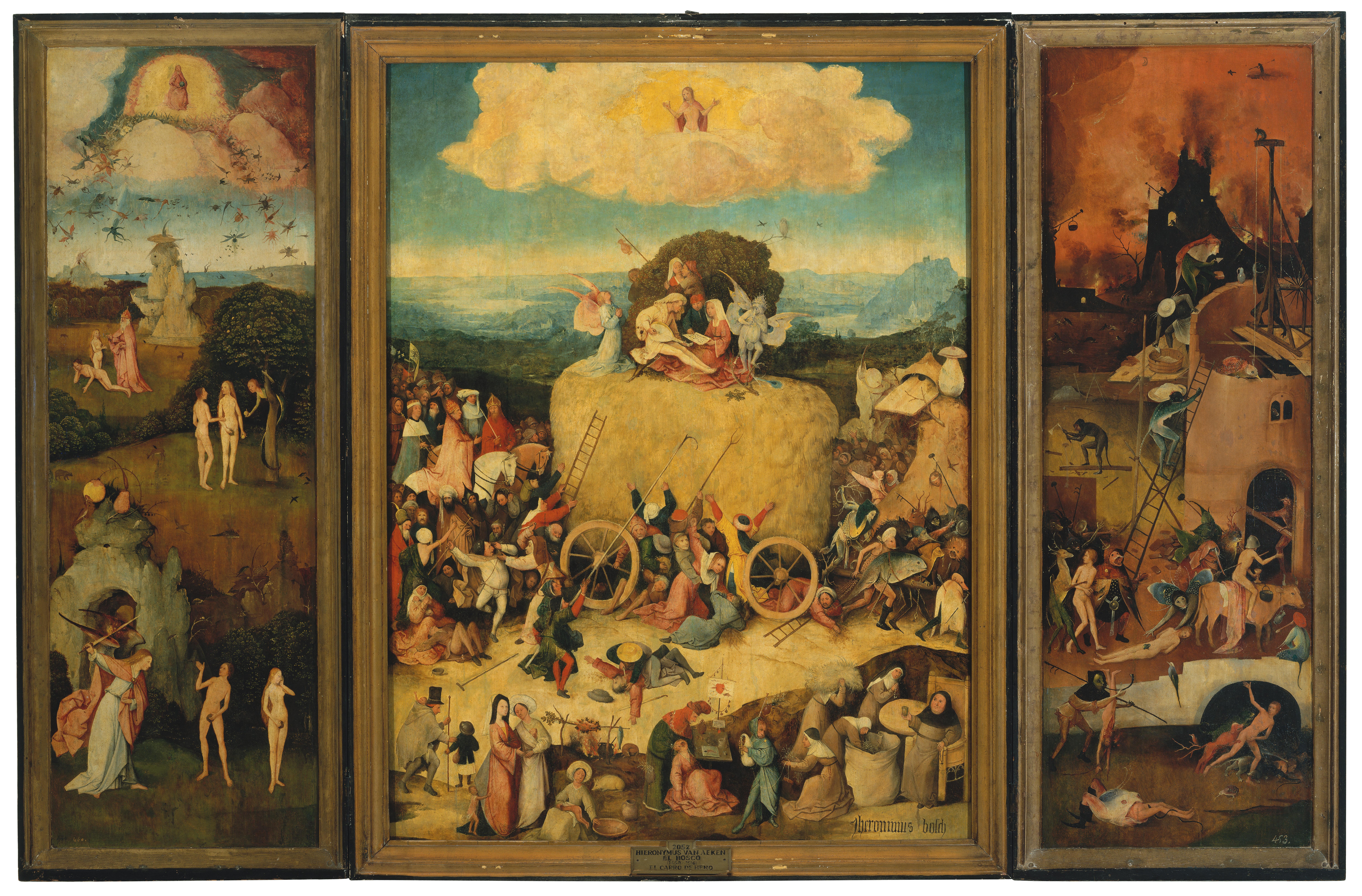| Romeo & Juliet from Ballet Arizona |
My main reason for this particular production is that the whole story of Romeo and Juliet is "told" through dance. The dancers never speak, so they rely purely on their body movements and the accompanying orchestra to illustrate their emotions. While Shakespeare plays are known for their extensive language, it is the lack of language in this particular portrayal that makes it stand out among others. The performers never even speak their names, so it is up to the audience to really dive deep into the performance to get a good understanding of what is going on. For example, when Juliet is saddened about marrying Paris, she puts on a dance that moves towards Paris but always tries to find a way to distance herself from him, which indicates to the audience that she only does so because her parents tell her to but would still like to marry someone else instead.
| Romeo and the House of Montague ready to fight the House of Capulet |
Another reason to see this rendition is because it combines two classic European art forms together: ballet and theater. To experience a Shakespearean play is highly valued in and of itself. A classic ballet holds a similar social value. Therefore, the combination of two high-class arts in a Shakespearean matter is an experience all to its own that can not be recreated so easily. Those that enjoy theater will appreciate the performer's methods of storytelling without speaking and those that enjoy dance will applaud at the dancers' gracefulness and carefully choreographed moves.
Although this production has already passed this year, there is a chance they will put on the performance again in the future. Ballet Arizona had put on this play back in 2013. However, the play was never put on again until February of 2017. I was lucky enough to actually attend the one that was held in 2017. So why am I telling you this if the play already passed? It's a great experience overall, even if you aren't a Shakespeare fan. For those that can't really understand the language of Shakespeare, then this performance is perfect. The live orchestra played perfectly, the dancers were all in sync, and the story was told very well for not having any speech at all. So, I recommend that you keep an eye out if Ballet Arizona ever decide to put out this production again in the future.
